On The Great Eddie Futch
Looking back, I get the feeling Eddie Futch, without a doubt one of the all-time great boxing trainers, would not be very comfortable in today’s version of professional prizefighting. I remember back in the late eighties reading an article on the guy and being struck by his words. At the time Futch was pissed off at one of the fighters he trained, Marlon Starling, for what Futch felt was Starling’s backing away from a third battle with Mark Breland. Having proven himself a better fighter than Breland on two occasions, the second match being a controversial draw, Starling had simply had enough of the guy. But Futch felt Starling had led people to believe there would be a third clash, had made a commitment, before turning his back on a trilogy fight, and that was simply taboo in the mind of the great trainer.
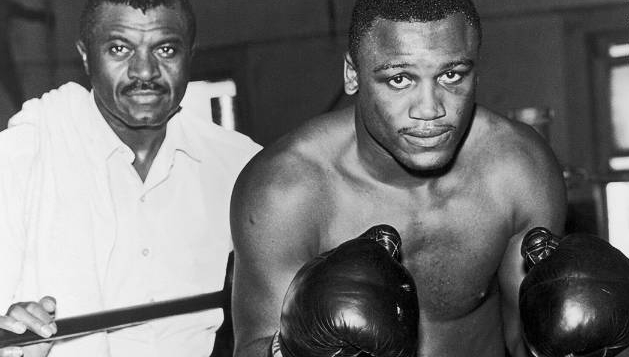
So, no, Futch probably wouldn’t be very comfortable in the era of the Jake Paul Circus, or Floyd Mayweather’s novelty fights with Conor McGregor and Tenshin Nasukawa, or Canelo Alvarez making everyone wait and wait and before his battles with Gennady Golovkin. Futch was a no bullshit guy, and, let’s face it, we are in an era where one can almost say bullshit runs the sport. Futch just had too much character for all the nonsense going on now. It’s interesting that Eddie stepped away from the game just before boxing became marginalized in the US and Canada. One could argue that, with Futch, an entire way of thinking may have left boxing, an approach that emphasizes integrity and courage. At least for the time being.
Truth be told, Futch could have left the sport any time after the mid 1970s and he still would have been remembered with respect and admiration. For although he trained a plethora of champions, Futch’s crowning achievement was the defeat of Muhammad Ali in March of 1971 at Madison Square Garden. For it was there that he led that brave warrior named Joe Frazier to victory over “The Louisville Lip,” one of the all-time greatest victories in the sport.
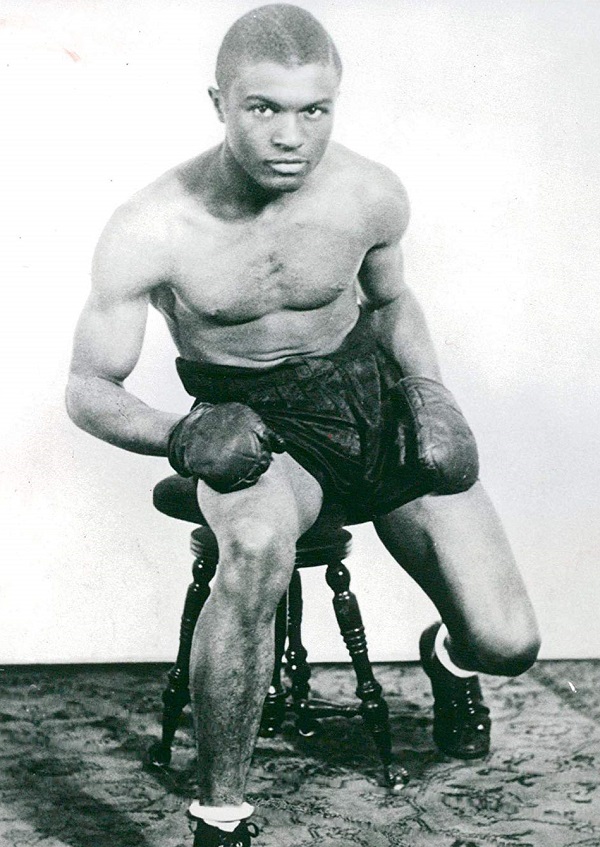
As The New York Times wrote after that monumental win: “Futch had noticed that Ali, who was so confident of his quickness that he carried his right hand too wide to parry jabs, was vulnerable to [the left hook].”
In other words, the unstoppable Ali was stoppable in the eyes of Futch, a man who was a product of the Detroit boxing scene and a former sparring partner of the great Joe Louis. Futch saw through the hype and knew there was a way to beat “The Greatest.” Frazier ended up flooring Ali that night with his cannon of a left hook, to prevail in what is arguably the most famous fight in pugilistic history.
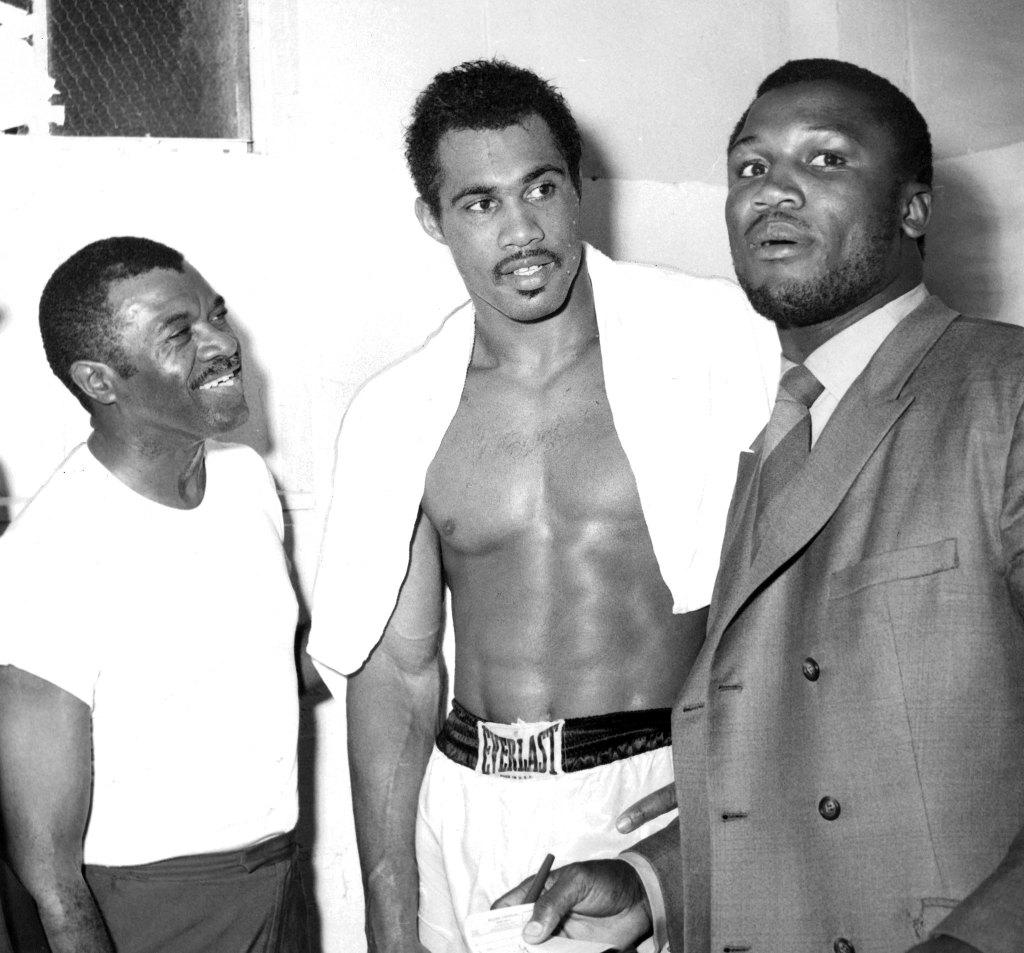
They met for a second time in 1974 and Ali won the rematch, but not without controversy, for no one can argue that he did not excessively hold and clinch throughout the match without consequences. The road was paved for a third and final go-round, one which would settle matters once and for all. The “Thrilla In Manila” would be a legendary event to be sure, but one man’s actions would rise above all others – and that man was Eddie Futch.
Before the fight even began, Futch acted the part of knowing general. He insisted that a referee be brought in that would not allow Ali to hold excessively. Then he moved Frazier away from the spotlight to train in relative obscurity. Ali could revel in the media attention; Futch and Frazier would focus on the art of the fight. By the time the sun rose on that fateful morning in the Philippines on October 1st 1975, all that was left to do was to find out who the better man truly was.
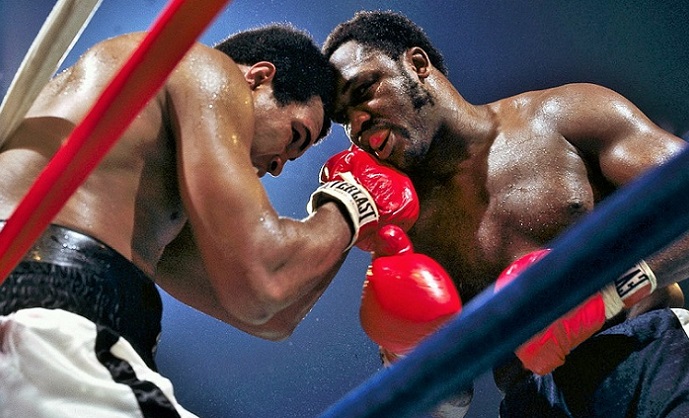
To watch the fight now truly is a wondrous thing. In the post-Tyson era, it’s stunning to see heavyweights move so fast. Ali, having previously learned this lesson the hard way, started off keeping his right hand up. None of the famous cocky Ali shuffling was to be found; he was all business. Frazier, however, moved forward like a pit bull, always attacking, his head movement making his defense deceitfully sound. In the end, the entire affair was sheer brutality. But rather than focusing on tactics and the ins-and-outs of the match, let us reflect on a single moment that should never be forgotten.
It was in the interval before the final round. Both Ali and Frazier had beaten each other nearly senseless but three minutes remained. Three small minutes. And if Joe could find a way to carry that round with authority, maybe, just maybe, the most famous trilogy in sports could be his. But Futch looked at his man’s battered and swollen visage in the corner and knew this brutal war had to end. Oh, technically it could have continued; there was nothing stopping Futch from saying, “You want to go? Okay, take your chances.” But on moral grounds, the wise old trainer saw no choice. “Sit down, son,” said Futch. “It’s all over.” And no more merciful and compassionate words were ever uttered in a boxing ring.
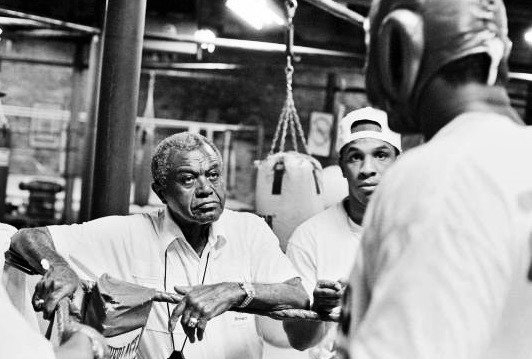
They say that Ali vs Frazier is a legacy that transcends boxing. That’s true. But Futch transcended boxing that day by doing the humane thing rather than the easy thing. To him, it was a no bullshit decision, and it’s something he’s well remembered for, and justly so. Not that the man’s career ended there. He left his mark in other ways, with many other champions, including Larry Holmes, Riddick Bowe, Michael Spinks and Mike McCallum, just to name a few. There was more glory to be found, sure, but no doubt Manila is what the man will be most be remembered for.
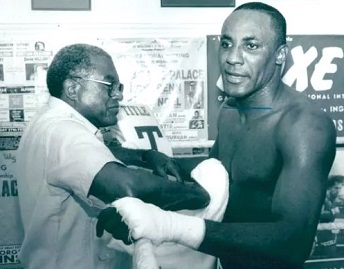
Futch left quite a legacy. Just ask Freddie Roach, one of Eddie’s fighters (he told Freddie to quit boxing long before Roach eventually did), and now one of the game’s preeminent trainers. Roach credits Futch as being his mentor and makes no bones about the man’s enormous influence on his life.
One last thing: when you tuned in a major fight on television, you knew things were serious when you caught sight of Mr. Futch in one of the boxer’s corners. The fighter himself may not have always risen to the occasion, but there was no doubt he was being guided by a brilliant tactical mind and a trainer of legends, one of the greats. Rest easy, Mr. Futch. Boxing will never forget you. — Sean Crose

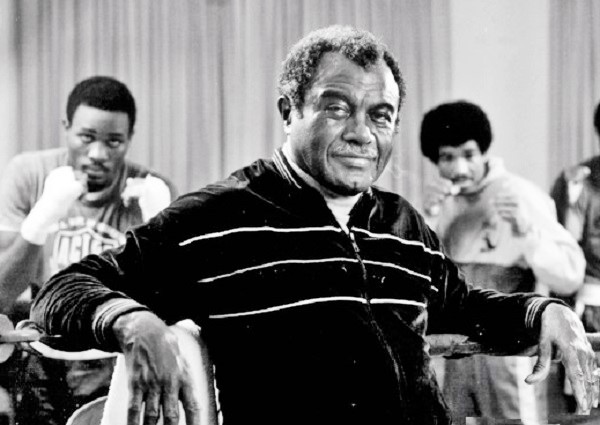
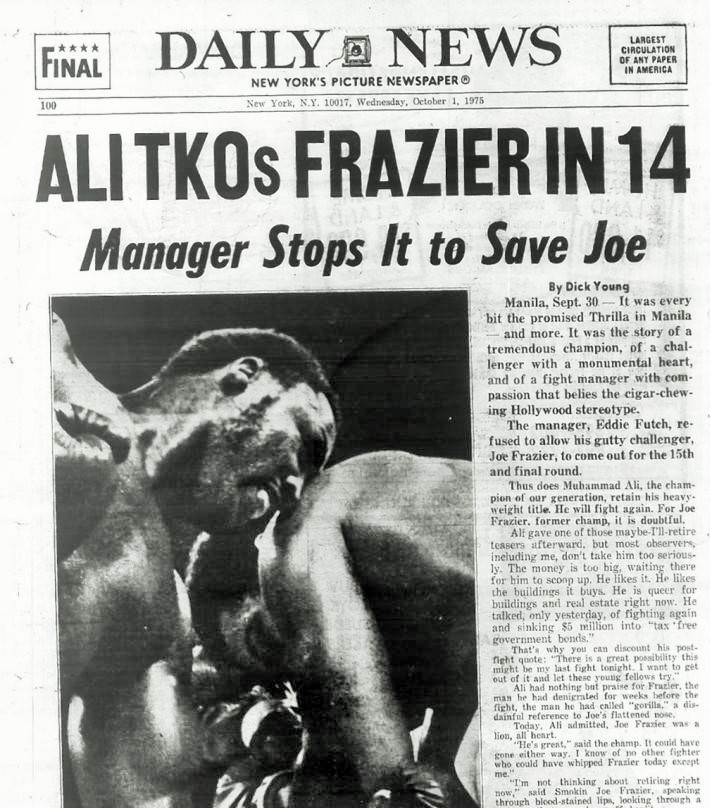

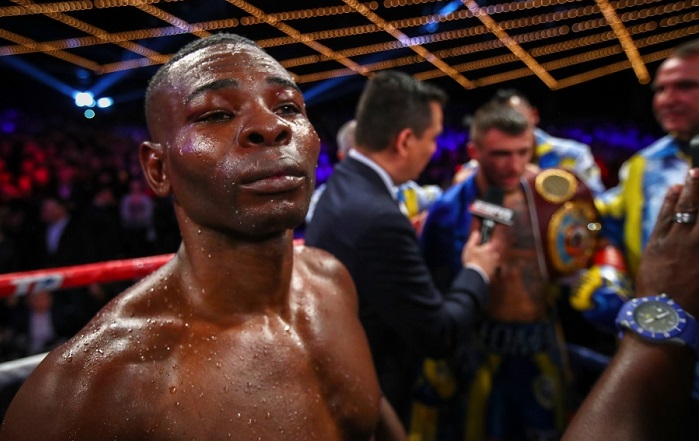
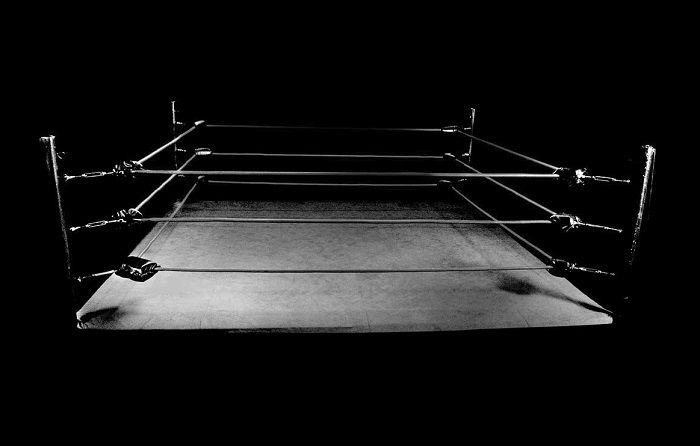
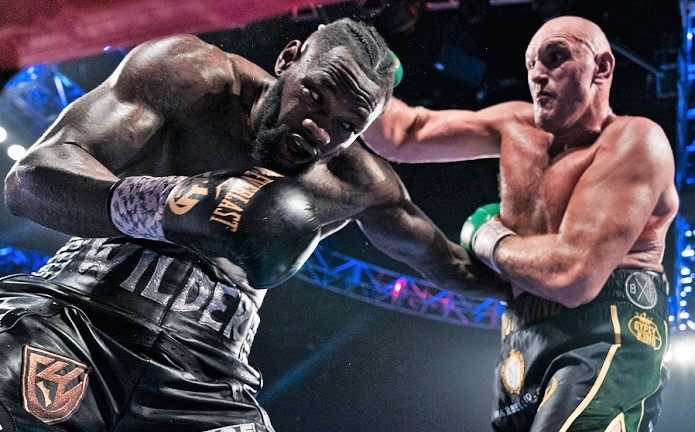
Thank you for writing this, Sean. I have always admired Eddie Futch.
Been reading about Ali, Frazier, Foreman, which led me to Eddie Futch, Angelo Dundee. Thanks for this article. Wish it was longer.